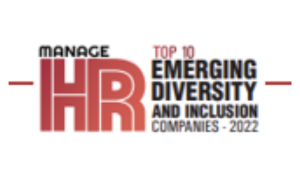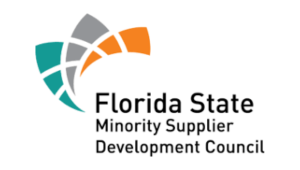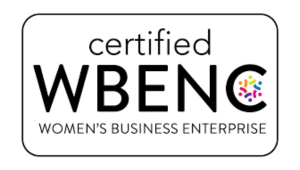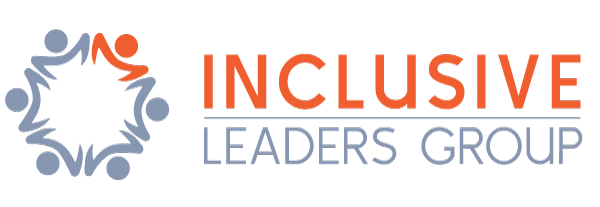I was reflecting on some of the DEI challenges that remain concerning this year yet I still feel optimistic and appreciative as a DEI practitioner. Some of the challenges:
- Organizations continue to lack Diversity in their leadership ranks
- Despite the Racial Awakening of 2020, Racial Equity is lacking as a DEI initiative for many employers
- Most companies fall short in terms of metrics measurement
- There’s huge room for improvement to achieve equitable pay for Blacks and Women
- Many employers are also failing on DEI training (Pssst…there is more than Bias training you know!)
What This DEI Practitioner Is Thankful For This Thanksgiving
- Allyship of all forms: Anti-racism, LGBTQI+, Disability, Neurodiversity, and more. Allyship training and development are becoming more in demand. Having strong allies in the workplace allows employees to bring their entire selves to work and feel comfortable with who they are. The ability to be authentic in the workplace leads to a culture of trust and compassion. This work environment in turn creates happy employees with increased productivity.
- Health Equity as a priority: Healthcare plays a major role in seeking to improve health outcomes for disadvantaged populations. Health inequities are one of the biggest problems in the U.S. right now. As trusted stakeholders, employers in all industries are uniquely positioned to address this problem and bring about real change. Starting with their own employee population makes sense.
- Inclusive Leadership: organizations are evolving with the understanding that inclusive leaders help organizations attract the best talent from talent pools that haven’t yet fully been tapped. This is crucial, not simply because it spells more high-quality talent for employers but because bringing in perspectives and experiences from traditionally underrepresented talent groups provides insight into the perspectives and experiences of underrepresented customer groups as well. This can also help shed light on problems that more homogenous teams have been stuck on and unable to resolve. The biggest advantage of inclusive leadership is that inclusive leaders know how to unleash individual potential and create an environment where all talent can thrive and grow.
- Integrating DEI strategic frameworks: into business strategies with the goal of making DEI more visible to and important to employees at every level. DEI isn’t just doing the right thing or fixing wrongs of the past, but rather a forward-looking business strategy to increase efficiencies, organization capability, and to generate profit. Inclusive companies and organizations have DEI strategies in place for profitable growth and sustainability. Why? These are for-profit corporations, nonprofits, healthcare organizations, and universities with the fiduciary responsibility to their stakeholders to employ the very best business strategies available. And diversity, equity, and inclusion (DEI) is one of those business strategies.
- Supporting Black-owned businesses: In the wake of a global pandemic that has disproportionately impacted Black Americans and repeated acts of police brutality against people of color, a renewed sense of awareness around systemic racism in the United States has emerged. As a result, activists have been calling for consumers and businesses to purchase from Black-owned businesses in an attempt to combat the racial injustices suffered by the Black community.
Also on my gratitude list:
- Including DEI in talent acquisition, succession planning processes, and corporate social responsibility
- Relying on more advanced metrics while setting a greater number of DEI-related goals and using more incentives to encourage DEI best practices
- Training employees on pay equity, anti-racism, LGBTQ+ awareness and acceptance, and inclusive recruitment policies
Happy Thanksgiving!
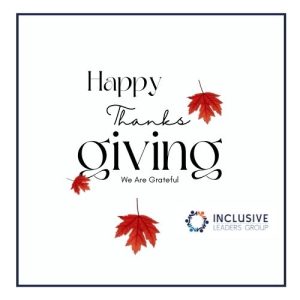


Charlotte Hughes is CEO of Inclusive Leaders Group, LLC a Black woman-owned boutique strategic consulting and training firm specializing in DEI as a business strategy aligned to organizational values. Schedule a discovery discussion with Charlotte about creating your DEI strategic plan. Connect with her on LinkedIn!, Calendly or this Contact Form.





